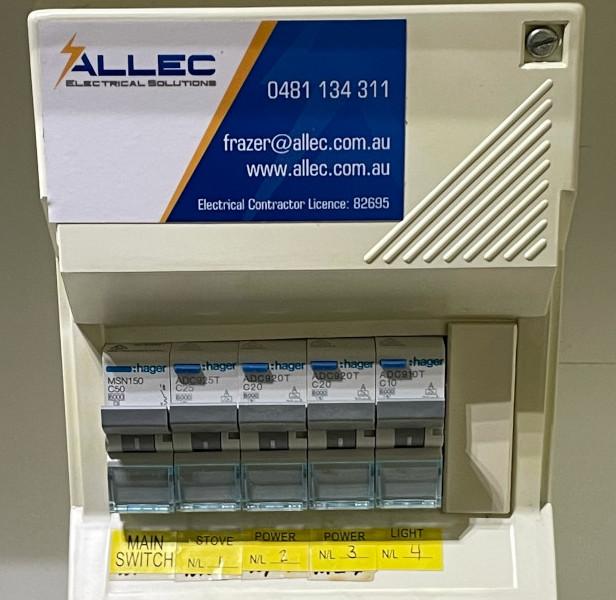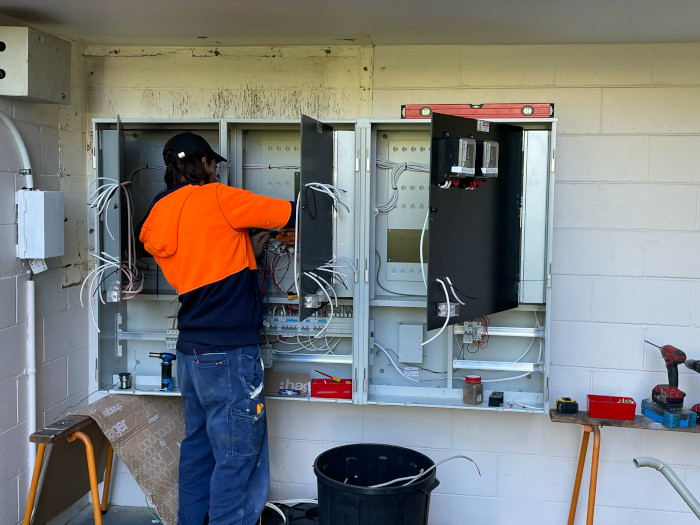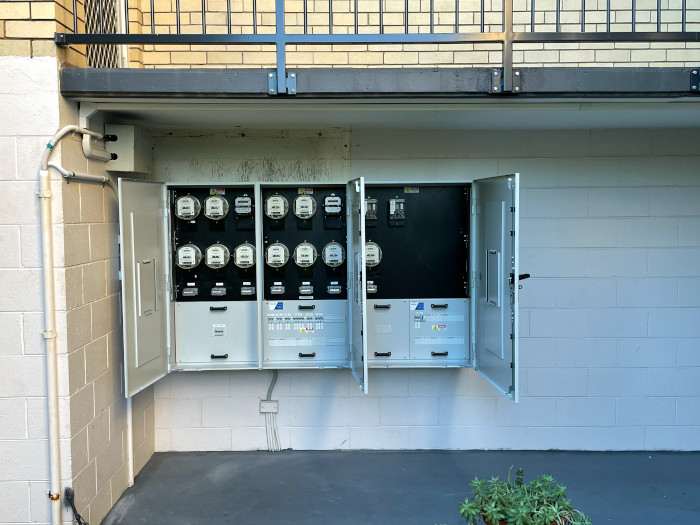7 reasons your safety switch keeps tripping and what to do

When your safety switch keeps turning off and cutting the power, it can be super frustrating and a real hassle. We’re so used to having electricity all the time that we don’t usually think about how important it is until it stops working.
Here are the most common reasons why the safety switch could keep tripping.
Reason 1: Electrical circuit overloaded with appliances
Double adaptors and power boards might seem super handy, but experts say they can be risky. When you plug in too many things at once, the power point has to handle more electricity than it’s built for. This can cause too much electricity to flow through, which is dangerous. If this happens, it can overload the system. Luckily, electrical circuits have a safety feature called a trip switch, which stops the flow of electricity to prevent bigger problems.
What to do?
Try unplugging a few appliances and don’t use power hungry appliances at the same time.
Reason 2: Short circuit
Short circuits are one of the main reasons circuit breakers shut off. A short circuit happens when a live wire touches a neutral wire. This makes too much electricity flow through the circuit, more than it can handle safely. To prevent damage or danger, the circuit breaker shuts everything off quickly. Short circuits can happen because of broken appliances. For example, if a screw or piece of metal touches a live wire, it can cause a short circuit. If this happens, you should call an electrician to check things out.
What to do?
You need a professional electrician as it can be life threatening to try to fix it yourself.

Reason 3: Ground fault
Ground faults don’t happen as often as short circuits, but they work in a similar way. They happen when something outside the circuit, like a piece of metal or water, touches the wires. This causes too much electricity to flow, just like with a short circuit. To keep things safe, the safety switch shuts off the power to stop the danger.
What to do?
Contact your local electrician for an inspection, it can be too dangerous to fix it yourself.
Reason 4: Electrical circuit fitted with the wrong circuit breaker
Circuit breakers turn off the power when too much electricity flows through the circuit. Some circuit breakers can handle more electricity than others because some circuits are made for higher power levels. If the circuit breaker in your house isn’t made for the amount of electricity your circuit uses, it will keep shutting off over and over again.
What to do?
Find a reputable electrician to fix it, as this is a result of poor wiring it is unsafe to touch it yourself.
Reason 5: Single appliance draws too much power
Some power tools and appliances use a lot of electricity, especially ones that heat up or need a lot of power to work. Older homes sometimes don’t have circuits strong enough to handle these. So, when you try to use them, the safety switch shuts off the power.
What to do?
Try to avoid such power hungry appliances or find a licenced and qualified electrician for a comprehensive circuit upgrade.
Reason 6: Circuit breaker is too old
If your circuit breaker keeps shutting off for no clear reason, it might just be old. Like most things, circuit breakers don’t last forever. When they get too old, they can stop working properly.
What to do?
Upgrade your circuit breaker, that is rather easy. Contact a qualified electrician to organise the upgrade.

Reason 7: Water in the walls or ceiling affecting the power circuit
Too much water in your walls or ceiling can happen for different reasons. It might be from heavy rain, a pipe leaking inside the wall, or even a sprinkler spraying water on an outdoor power outlet.
What to do?
You can try fixing how waterproof your roof is or fixing a leaking pipe yourself, but usually it is better to contact a reliable plumber.
Still unsure what your reason is?
Sometimes if you are not a professional it is just too hard to tell what the reason is, even more so identifying the exact reason can be dangerous. Our advice is to organise an electrical inspection and rely on a professional certified electrician.
